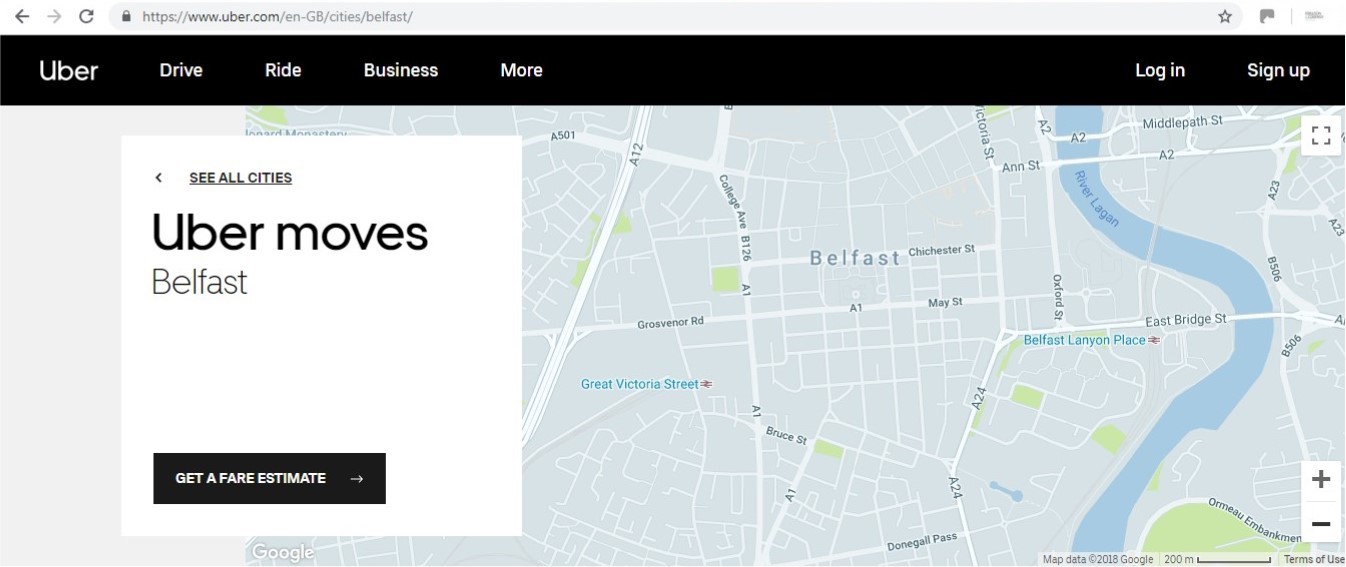Taxi for Uber?
- By James Ferguson
When is self-employment not?
The final chapter in the Uber “workers” saga was recently published by the Supreme Court in London.
Background
Uber BV is a Dutch-registered company behind the Uber App. Its UK subsidiary is licenced to operate private hire vehicles in London.
The claimants are licensed to drive private hire vehicles in London and did so, with 30,000 others, through the Uber App. They contended before an Employment Tribunal in 2016 that they worked under contracts “whereby the individual undertakes to do or perform personally any work or services for another party to the contract whose status is not by virtue of the contract that of a client or customer of any profession or business undertaking carried on by the individual”. The Employment Tribunal agreed as did the Employment Appeal Tribunal and, by a majority, the Court of Appeal.
On appeal to the Supreme Court, Uber argued that they acted solely as a technology provider with their subsidiary in London acting as a booking agent for drivers approved by them. When a punter books through the App, the contract is made with the driver. The App calculates the fare to be paid to Uber who then take their cut, or “service fee”, and pass the balance on to the driver. This is reflected in the standard contracts between Uber and the drivers.
Judgment
The Supreme Court was not convinced by Uber’s argument. There was no written contract between the subsidiary and the drivers to support the contention that they were acting as the driver’s agents.
Employment law exists to protect vulnerable individuals who have little or no say over their pay and working conditions because they are in a subordinate and dependent position with a person or organisation which exercises control over their work. Employers can not contract out of this.
In this case, where a journey is booked through the App, the fare is set by Uber. The drivers are not allowed any input. How much they are paid is, therefore, dictated by Uber.
Further, the contractual terms under which the drivers perform their services are dictated by Uber.
Once a driver logs on to the App, Uber dictates whether, or not, they accept a journey request. This is monitored by Uber, with non-compliant drivers being logged off the App for ten minutes rendering them unable to work.
Uber also monitor feedback with a rating system whereby passengers are asked to rate the driver on a scale of 1 to 5 after each trip. If drivers’ ratings drop below a certain level, their relationship with Uber may ultimately be terminated.
Finally, Uber limits communication between punters and drivers to prevent any relationship from being established beyond that specific journey.
Accordingly, the Supreme Court concluded that the drivers were workers and that their hours of work should be calculated based on the entire time they are logged into the App rather than merely the time spent on jobs.
The Duck test
This judgment merely confirms what was already known about the gig economy and attacks on workers’ rights through, for example, zero-hours contracts.
Those rights were designed to protect the weaker party in a contract of employment. Attempts to dilute such rights through contractual clauses designed to disguise a “worker” as something else are unlikely to be met with favour.
If it looks like a duck, swims like a duck, and quacks like a duck, then it probably is a duck.
For more information about this article, or any other aspect of our business and personal legal solutions, get in touch.

